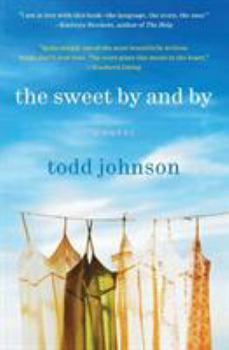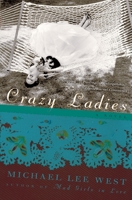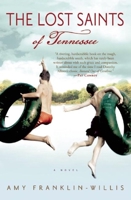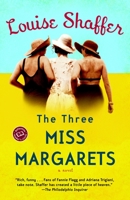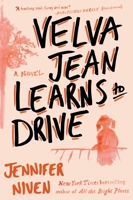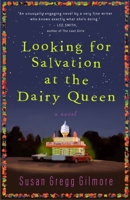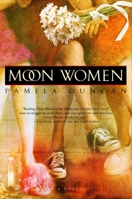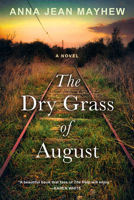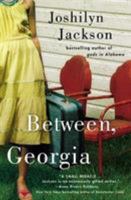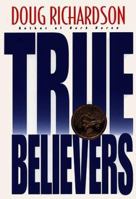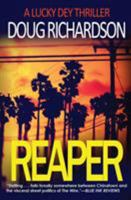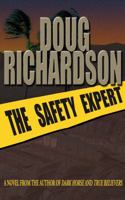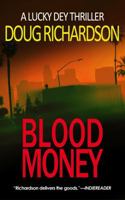The Sweet By and By
Select Format
Select Condition 
You Might Also Enjoy
Book Overview
Meet five North Carolina women who are about to change the way you think about friendship. For Rhonda, a gritty, fun-loving hairdresser in tight jeans, the sights and smells of Ridgecrest Nursing Center are depressing. But before she can change her mind about working there, two residents glue themselves to her: Margaret, droll and whip-smart, with a will of iron that never fails her even when her body does, and Bernice, an avid country music fan who is rarely lucid. Together with Lorraine, their church-going, God-questioning nurse, and her daughter, April, bright and ambitious, they lock arms in courage and humor for a journey that speaks to us all--of how we live and die, of how we love and forgive.
Customer Reviews
Rated 5 starsA delightful thoughtful read.
Am I ever glad to have found this book. In spite of being slow and very careful reading requiring much pondering and afterthought, it is worth every second of hard concentration. The reader needs to be in love with classical music and with piano-playing, be a true artist as well as having a deep understanding of vibrant colors, painting and the visual arts. 'Piano Pieces' brings the reader closer to a new understanding that...
1Report
Rated 5 starsMust-read for all concert pianists, teachers and budding pianists
I recently discovered this little book in the public library and in the first few pages realized I must own it. Mr. Sherman is a brilliant thinker and writer. I am inspired and enlightened by his pianistic and artistic wisdom. I look forward to each and every page and can't wait to own what will become a cherished and important addition to my personal library.
0Report
Rated 5 starsA candid book nurtured by experiences versus re-hash pontifications!
I think it was Lincoln who made the wise comment that "you can please some of the people some of the time but never all of the people all of the time." True enough but to the reviewer who allegedly gave it up "after two pages" and another who rendered the book as "pretentious [...] cerebral flatus" , I must do an ad hoc Sir Wilfrid Robarts [Charles Laughton] for the defense here and offer some reverse coin considerations...
0Report
Rated 5 starsAn inspiring read for eclectic minds
I'm surprised by the reviews that denounce this book. Sherman's tone is at once informal and high-minded, which might limit the appeal of Piano Pieces to a particularly North American sensibility. Still, when I read it in the spring of 1996, I knew Piano Pieces would remain one of the most intellectually and creatively inspiring books that I would read on any subject. Sherman treats a range of issues related to performing...
0Report
Rated 5 starsThe book is an excellent piece of music in itself!
As a concert pianist and pedagogue myself, I find Russell Sherman's Piano Pieces to be one of the most inspiring books on piano performance I have ever read. It is non-prescriptive and does not conform to conventional didactic approaches or methodologies. (So, if you want a self-help manual or detailed instructions on how to play the piano, this is not the book!) Instead, the book is a collage of a series of "pieces" of...
0Report











